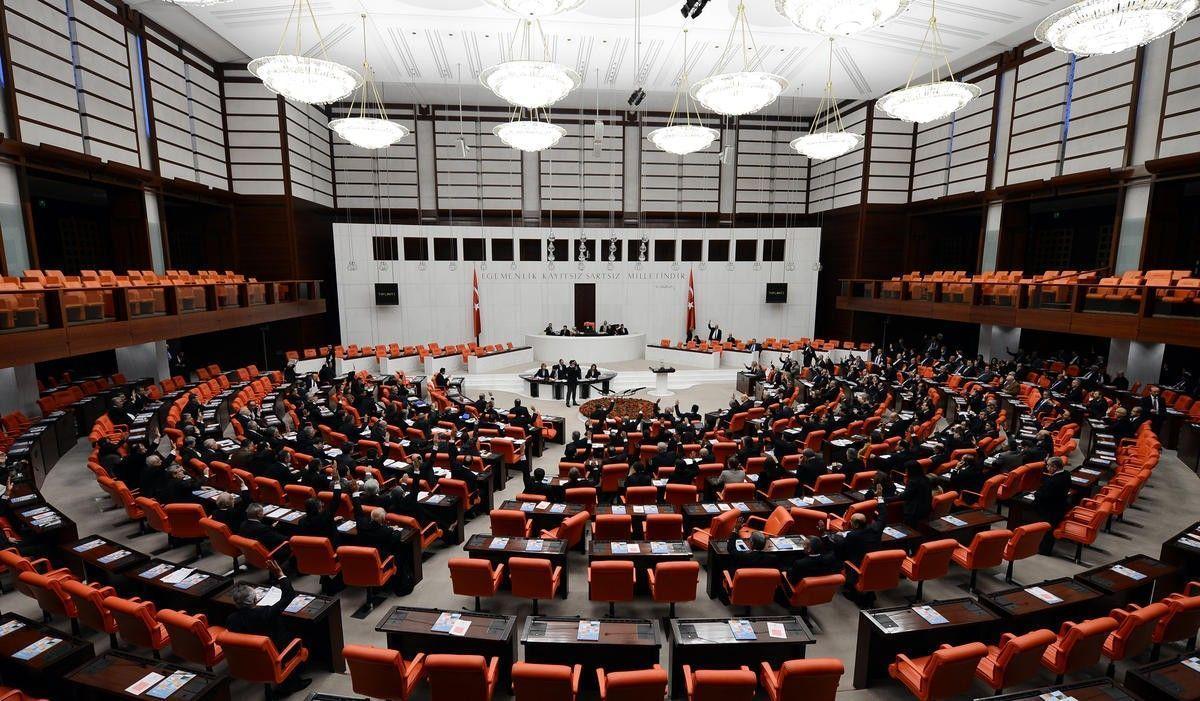
Turkey’s presidency submitted a motion on deploying troops to Libya to Parliament Speaker Mustafa Şentop, who called an extraordinary meeting for the general assembly to convene to vote against or in favor of the motion on Jan. 2.
The motion seeks a one-year mandate to deploy troops in Libya, maintaining that developments in Libya threaten Turkey’s interests there, including Turkish businesses in the country and Turkish vessels sailing in the Mediterranean, according to the draft text.
The ruling Justice and Development Party (AKP) and Nationalist Movement Party (MHP) announced they would back the motion, while the main opposition Republican People’s Party (CHP), opposition İYİ (Good) Party and the Peoples’ Democratic Party (HDP) have objected to it.
The CHP said the possible deployment would embroil Turkey in another conflict and make it a party to the “shedding of Muslim blood.” Turkey must instead “give priority to a diplomatic solution” in Libya, according to the main opposition party.
“We don’t want this terrible picture that unfolded in Syria to unfold in yet another country,” Ünal Çavuköz, the CHP’s deputy chairman, told reporters after a meeting with Foreign Minister Mevlüt Çavuşoğlu. We will never accept Turkey to be a part of the proxy war in Libya and, by siding with one of the sides of the conflict, a cause of the shedding of Muslim blood,” Çeviköz said.
However, Erdoğan’s AKP and its ally MHP together have sufficient votes to pass the deployment motion.
Last week, Turkish President Recep Tayyip Erdoğan said the motion would be submitted to parliament in light of a request by Libya’s U.N.-recognized government for military assistance.
According to the draft motion, President Recep Tayyip Erdoğan asked the parliament authorization for dispatching Turkish Armed Forces to the opposite bank of the Mediterranean.
The government said it would decide on the size, timing, and scope of the deployment. The “border [limit], current [scope], quantity and time” of the mission is to be appointed by the president, according to the text of the motion.
The reason of the motion is “Turkey’s protection of rights in the Mediterranean with national interests in Libya, prevention of illegitimate by mass migration threat and of formation of a favorable environment for terrorist organizations and armed groups and, aiming humanitarian aid to the Libyan people,” according to the text.
On Nov. 27, Ankara and Libya’s U.N.-recognized Government of National Accord (GNA) signed a pact on military cooperation, as well as a pact on maritime boundaries in the eastern Mediterranean.
Since the ouster of late leader Muammar Gaddafi in 2011, two seats of power have emerged in Libya: One in eastern Libya supported mainly by Egypt and the United Arab Emirates, and another in Tripoli, which enjoys U.N. and international recognition.
The government of Libyan Prime Minister Fayez al-Sarraj in Tripoli has faced an offensive since April by the rival government based in eastern Libya and forces loyal to commander General Khalifa Haftar, who is trying to take Tripoli.